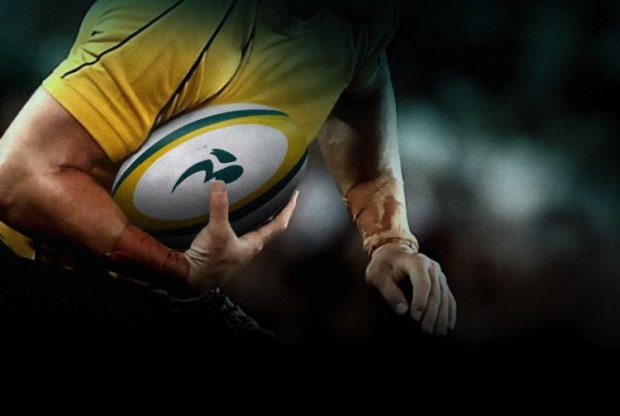Over the last few months we have seen the cream of the world’s international teams fight it out for the coveted TriNations Championship – nine international matches, virtually one every week, between the three top teams in world rugby. It’s been intriguing, exciting and informative. New Zealand finished well on top, took advantage of the ’new interpretations’ and displayed, yet again, rare qualities in ambition and execution.
Now, with the kick-off for this season’s Heineken Cup, it’s the turn of the northern Hemisphere to begin to show their abilities. The New Year will see the Six Nations Championship add further insights, but, for now, the excellent Heineken Cup will whet our appetites. This is, of course, a club competition and it would be unfair to make an ‘apples-for-apples’ comparison with the TriNations, but, given the huge numbers of ‘international’ players on show, it is well worth a look.
I was able to take a look at a couple of these opening round matches – early days, for sure, but the competition is fierce and one slip-up can be fatal. I was coaching at Leicester Tigers for the first such ‘European Championship’ and learnt the hard way that all victories in this competition are hard earned. After beating Toulouse to earn firm favouritism for the final, we were soundly beaten by Brive – who have never played as well, before or after! I saw Leinster, in good form at home, defeat Racing Metro, and I saw Munster produce a ‘never say die’ effort to take the losing bonus point away to London Irish. I found some interesting developments.
My first impression was that all teams are recognising the opportunity for a quick recycle of the tackle ball and are working harder to achieve it. I say yet again the “this sounds obvious and it is, but it has not been common!” The ‘long place’ of the ruck ball is common, although ‘bridging’ remains very much in evidence. Some team soon will understand that ‘bridging’ serves only to slow down the availability of the recycled ball, and camouflages slow support play. I would prefer to risk such exposure and thereby identify need for improvement. Indeed, proper practice will remove most of the risk and greatly improve overall performance.
On the whole, however, things look promising in this area. In their recent games, New Zealand showed clearly the value of accurate, urgent support play – to me, they looked more like the ‘old’ New Zealand teams of the 80’s and earlier, where urgent support at the tackle was at the very core of their performance. Leinster, in particular, seem to have taken this lesson on board.
First phase play – as always, and as it should be – remains a strong part of northern hemisphere play. Scrum, lineout and restart are vital and no team can be competitive without competency in all three areas. Bob Casey made a considerable contribution to London Irish’s victory with his excellence at kick-off receipt alone. Munster, with strangely a number of top quality players ‘on the bench’, suffered at the lineout. Any team that lost concentration at any scrum, paid the penalty – such was the focus for each 80 minutes.
Counter-attack is now well established as a necessary part of any quality team’s armoury and there were many excellent examples – not at all surprising really, when you have Rob Kearney. Francois Steyn and Delon Armitage on display. Poor kicks are punished and any drop in concentration with a poor chase, can mean disaster. London Irish took their foot off the pedal, late in the game, and Munster countered for a late try and a bonus point, which Irish may live to regret.
Regular readers will have read frequently of my insistence on accurate support, in order that the attack can apply maximum pressure on defences, ‘at and around the tackle contest’. Attention to this detail always enables teams to take advantage of ‘off-load’ opportunities. This was clearly at the forefront of Leinster’s game plan. It was great to see and the results were obvious. We all saw New Zealand with such a clear focus and we all saw their excellent results; I reckon then that it’s worth a look for all teams!
There were two areas of both games that I was not impressed with.
The first was in the refereeing of the tackle, where I thought that far too much leniency was allowed the tackler. The term “immediately release the ball-carrier” is clear and not open to any interpretation, other than the literal one. Holding on ‘for a little bit’ is not acceptable and the referees would do well to look at a few videos from down south. We love the speed of game that such an insistence can produce and fears that the tight forwards will “be out of the game” are unfounded. Indeed, my impressions are that the committed tight forwards enjoy more involvement!
The other area concerned ‘realignment’! With the possible exception of Leinster, no teams seemed to have any interest at all in this fundamental of attacking play. In fact, it is also a fundamental of defensive play, but all teams understand this. It is beyond me why this should be so. Maybe I can refer coaches to my Coaching Manual – Essential Level, Attack, Session 3. Attention to this simple fundamental will do wonders for your performance!



